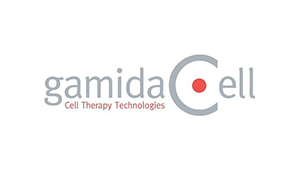 Gamida Cell said today that its NiCord cell graft produces fewer infections, shorter hospital stays and shorter time to engraftment compared to standard umbilical cord blood transplantation.
Gamida Cell said today that its NiCord cell graft produces fewer infections, shorter hospital stays and shorter time to engraftment compared to standard umbilical cord blood transplantation.
The company’s work was published in Biology of Blood and Marrow Transplantation.
“Our results indicate that rapid hematopoietic recovery from Gamida Cell’s NiCord transplantation approach is associated with clinical benefit. Reducing the burden of infections is important, as these are a major cause of early morbidity and death of patients following UCB transplantation,” principal investigator Dr. Mitchell Horwitz said in prepared remarks.
The treatment is a graft derived from umbilical cord blood which has been expanded and enriched with stem and progenitor cells. The Jerusalem-based company’s cell graft was designed as an alternative to bone marrow transplantation for patients with blood cancer who do not have a fully matched donor.
“NiCord continues to demonstrate significant advantages over standard UCB transplantation in clinical efficacy and in pharmaco-economic parameters enhancing our understanding of the market potential of the product,” president & CEO Yael Margolin added. “Our Phase III registration trial of NiCord is ongoing in which we hope to reproduce these important results in a larger patient population.”
The study compared 18 patients transplanted with NiCord and 86 patients treated with standard umbilical cord blood transplantation.
Researchers reported that the median time to neutrophil engraftment in NiCord patients was 12.5 days compared to 27 days in standard umbilical cord blood patients. Frequency of infection was 22% for NiCord patients compared to 54% for UCB patients.
The team also noted that NiCord patients had nearly 22 more days out of the hospital in the 1st 100 days compared to standard UCB patients.
